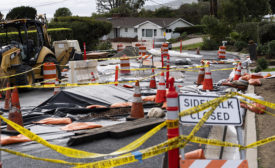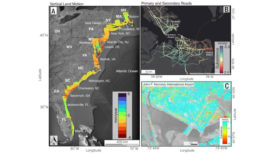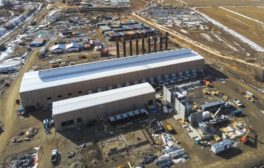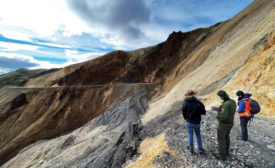Home » Keywords: » climate change
Items Tagged with 'climate change'
ARTICLES
Legislation
Bill awaiting Gov. Kathy Hochul signature requires oil and gas companies to pay for project costs associated with climate change and climate resilience
Read More
Science
Study Finds East Coast Infrastructure Is Sinking Along With the Land
Subsidence is occurring faster than expected, say scientists
Read More
Environment
EPA to Award $4.6B for Climate Pollution Reduction Projects
Funds will go to jurisdictions with plans that would have most impact
Read More
Sustainability
Boston Adopts Tough Energy Efficiency Regulations
City ordinance designed to encourage developers to install all-electric systems
Read More
The latest news and information
#1 Source for Construction News, Data, Rankings, Analysis, and Commentary
JOIN ENR UNLIMITEDCopyright ©2024. All Rights Reserved BNP Media.
Design, CMS, Hosting & Web Development :: ePublishing





.jpg?height=168&t=1701656833&width=275)









